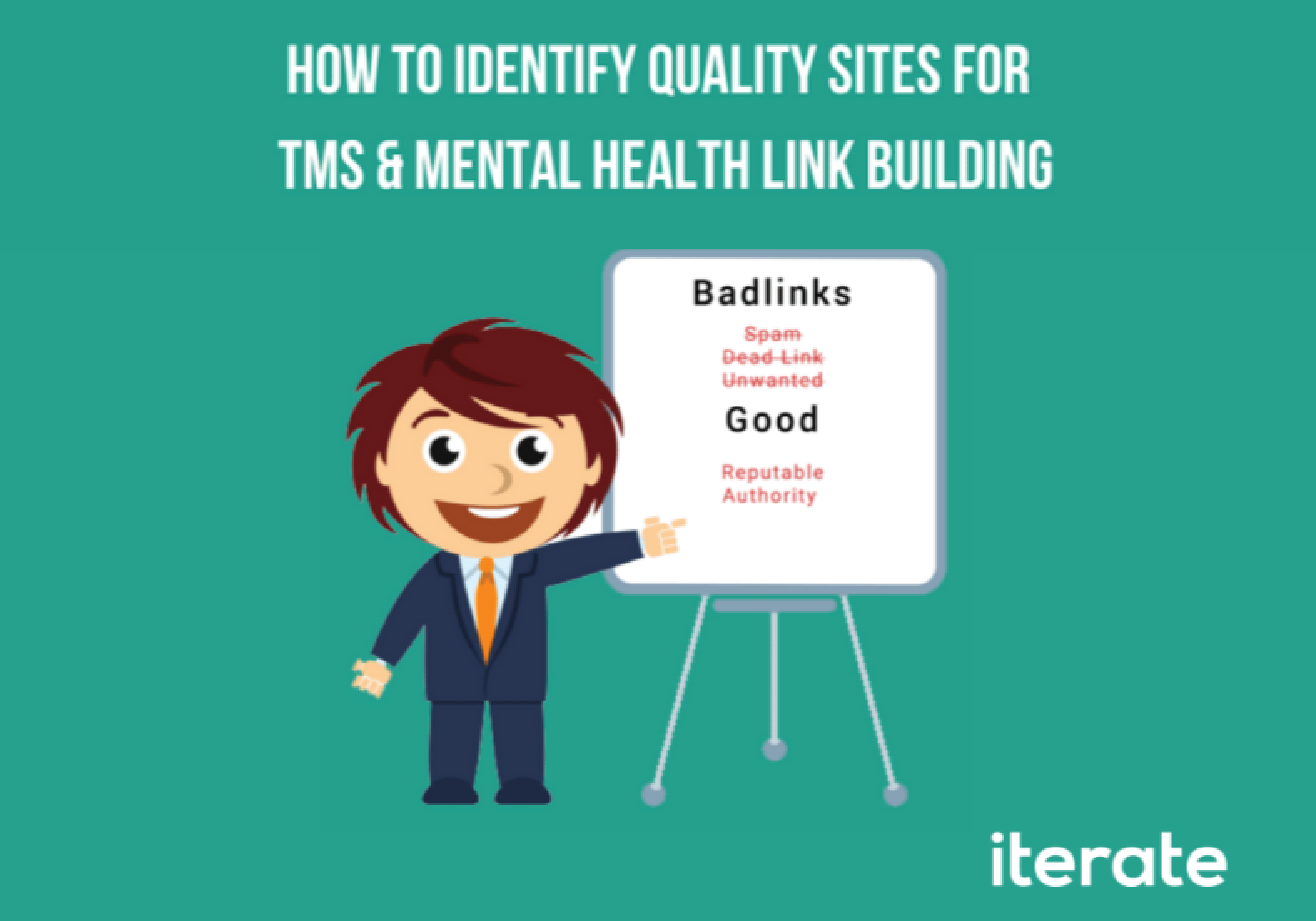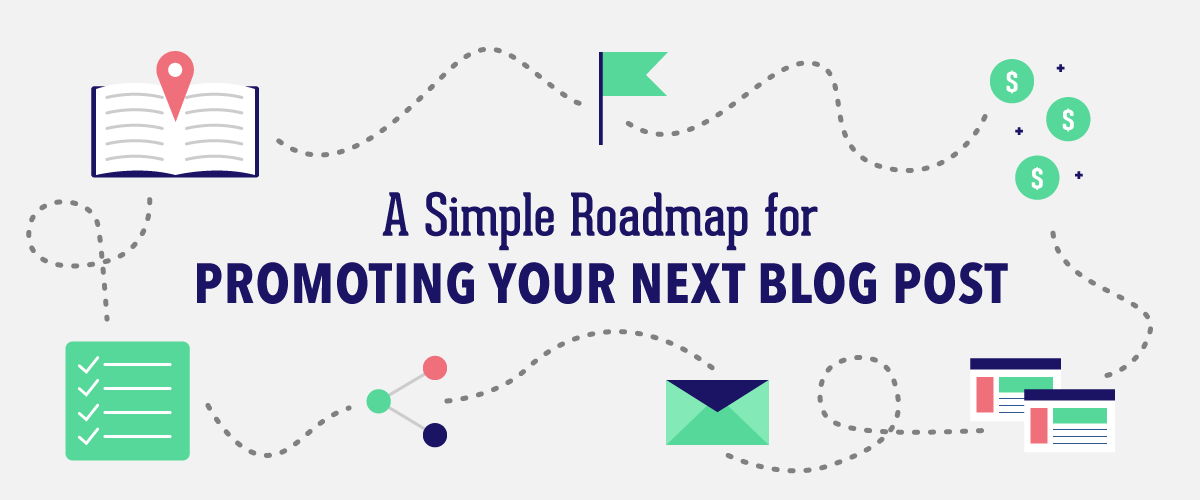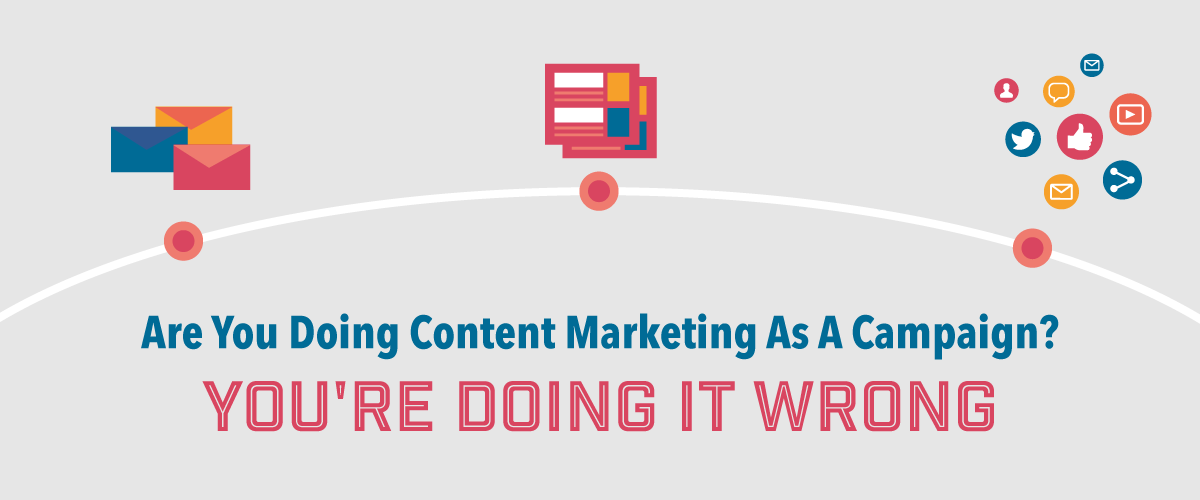If you manage an Adwords account with a medium-to-small budget, you know how hard it can be to be successful with broad and short-tail keywords. Just like the Fangorn Forest, there’s just too much unknown.
Due to this, there’s been a popular strategy within Adwords to only go after the long-tail keywords – They’re less competitive and the intent is more easily recognized, making them a safer bet.
Unfortunately, the safe bet often leads to mediocre results (see above) and when you do this you’re leaving meat on the table. But don’t worry, I’ll teach you how to take the dangerous road and succeed.
I’m going to teach you how to harness the power of Remarketing and allow you to play the Adwords game with the big dogs. I’m going to show you how you can run extremely broad keywords and have them convert like Branded terms!
Goodbye to the Long-Tail – A Little Background
Historically, the problem with paying for “broad” (short-tail) keyword clicks is that it’s hard to know the intent of the searcher. For many small businesses, these keywords are simply too competitive and costly to bid for. Accordingly, the Adwords strategy has historically been to find Long-Tail keywords niches and exploit them, but due to increased competition over time, this strategy just doesn’tlike it used to. Now you have to be creative if you want to play.
To paint a picture of this game; imagine you are a small business owner who sells trendy wooden glasses – nothing fancy, but unique and they come equipped with polarized lenses.
To review the jargon and help my example;
Short-Tail Keyword: Black Sunglasses
Long-Tail Keyword: Buy Black Wooden Sunglasses Polarized
Looking at the above example; the search query “Black Sunglasses” can mean a lot of things. For example, it could be somebody wanting to buy some classic Ray Bans, sporty Oakleys or maybe they were simply looking for an image of sunglasses to add to their blog (doh!).
When you don’t know a users intent, it’s just too risky to bid on some keywords.
With that said, if somebody searched “Buy Black Wooden Sunglasses Polarized” you know a lot more about that person:
First, you know that they’re looking to buy (bottom of the sales funnel), which is perfect. Second, you know that they are looking to buy black glasses that come with polarized lenses, which is also something that you offer.
Third, you know that they have not yet decided upon a brand that they wish to buy (otherwise they would have searched the brand name), giving you the opportunity to persuade them into buying your product since you offer what they’re looking for.
As amazing as these long-tail keywords are, they have low search volume, thus it’s hard to grow your account when you limit yourself to only these types of keywords. Also, increased competition has raised the cost of these clicks which has made them less attractive.
Why Big Brands Can Afford To Bid On Competitive Keywords
Unlike a small business, big brands like Amazon and Nike can afford to bid on short-tail (competitive) keywords because they have the luxury of being recognized as a leader in their given industry. They’re going to get the click over “Joe-Shmoe” because they’re recognized and there’s less risk involved due to that factor.
But here’s the kicker; you can play this game too!
With a creative remarketing strategy, Google Adwords will allow you to run broad, short-tail keywords that you normally wouldn’t want to run (due to the unknown) and only show them to users who’ve already been to your website.
Let me say that again; you can choose broad keywords and only show them to people who’ve visited your website.
Why does this work so well?
RLSA’s provide you with the power that big brands have; the branding effect!
Going back to our example, you likely wouldn’t want to target the keyword “black sunglasses” and pay hundreds or thousands of dollars driving people to our site who may or may not be looking to buy. It’s simply too risky…unless you love throwing money away!
However, if somebody has recently been to your website, it’s safe to assume that they’re interested in your product and in the future they’d recognize your brand if they saw it again.
This strategy is especially effective because you can set specific benchmarks in regards to who is on your remarketing list like a specific page view, duration of visit, number of pages visited, the possibilities are only limited to the data that you have available!
So, going back to our example, you would definitely be interested in showing our ad for the keyword “black sunglasses” to somebody on our remarketing list even if we are a bit unclear on what they’re searching for – at this point we’re banking on branding and the fact that we already know that they are interested in what we have to offer.
Turn Your Adwords Account Into A Conversion Machine
The best part about this strategy is the fact that you can exploit and remarket to all website traffic, not just Adwords visits! This will provide you with a huge list of website viewers to remarket to and even send them a different, customized message within your ad that better caters to a second visit, because you know that they’ve visited recently!=
Then, if you’re really good, you’ll even create dedicated landing pages that cater specifically to your returning visitors, inching them that much further into your sales or lead funnel.=
But that’s only if you’re really good.
Do you have problems driving conversions through AdWords? Know any other creative uses for RLSAs? Leave a comment below!






